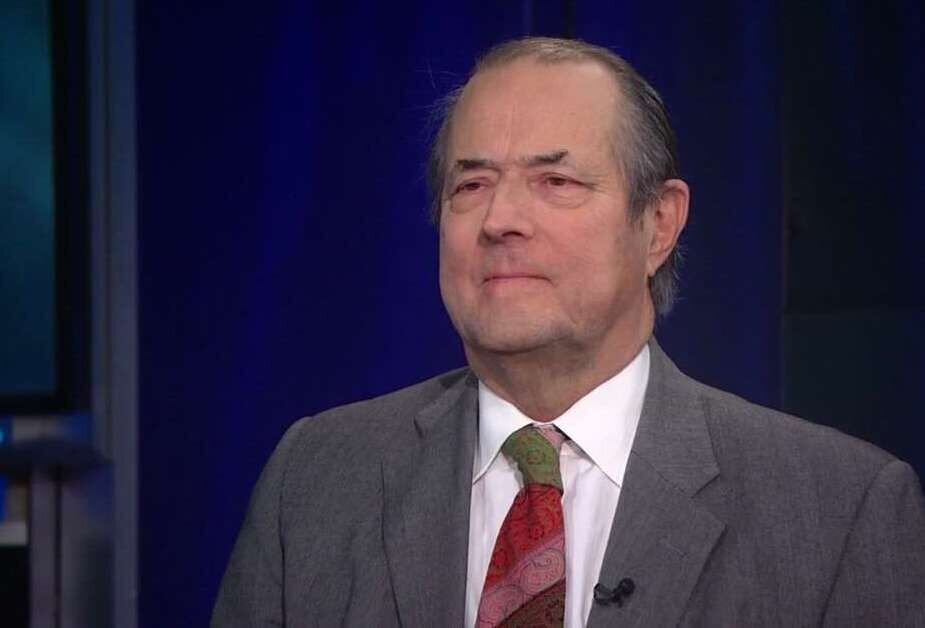Former British diplomat calls nuclear deal a beacon of hope for multilateralism

TEHRAN - Richard Dalton, a former British ambassador to Tehran, has said that the 2015 nuclear deal, known as the JCPOA, is a beacon of hope for multilateralism and is still essential.
He told IRNA in an interview published on Monday that the deal is still essential despite the fact that it has been prevented from achieving more than a small proportion of its potential.
“Multilateral diplomatic, security and economic engagement, generated primarily from within the region and including Iran, remains the best way to ensure a peaceful cooperative future for the peoples of the Persian Gulf region,” he said.
“It is high time for the suffering of Iranians under unjust unilateral sanctions to be brought to an end, for European countries to carry out their financial and commercial obligations under the JCPOA, for Iran to return to the path mapped out in the JCPOA, and for progress to be resumed towards IAEA verification that Iran’s nuclear activities are 100% peaceful,” he added.
He also said, “Let us hope that 2021 will bring changes that will reverse the destructive approach of the U.S. government - an approach which, alongside the nefarious policies of others, has made the U.S. the world’s biggest state sponsor of instability and human suffering in the Greater Middle East.”
U.S. President Donald Trump quit the multilateral nuclear deal in May 2018 and introduced the harshest ever sanctions in history on Iran as part of his administration’s “maximum pressure” campaign against Iran.
The U.S. move was in violation of UN Security Council Resolution 2231 that endorsed the JCPOA.
Under the JCPOA, Iran promised to put limits on its nuclear activities in exchange for the termination of economic and financial sanctions.
Peter Jenkins, a former British ambassador to the International Atomic Energy Agency, has said that the United States has gained no benefit by withdrawing from the JCPOA.
Jenkins told IRNA in an interview published on Saturday that the U.S. lost its soft power after pullout from the international agreement.
Professor Frank N. von Hippel, former assistant director for national security in the White House Office of Science and Technology, has said that Europe’s performance on the nuclear deal is “disappointing”.
Von Hippel told IRNA in an interview published on Thursday that Britain, Germany, and France showed a very “disappointing” performance in countering the United States’ unilateralism.
NA/PA
